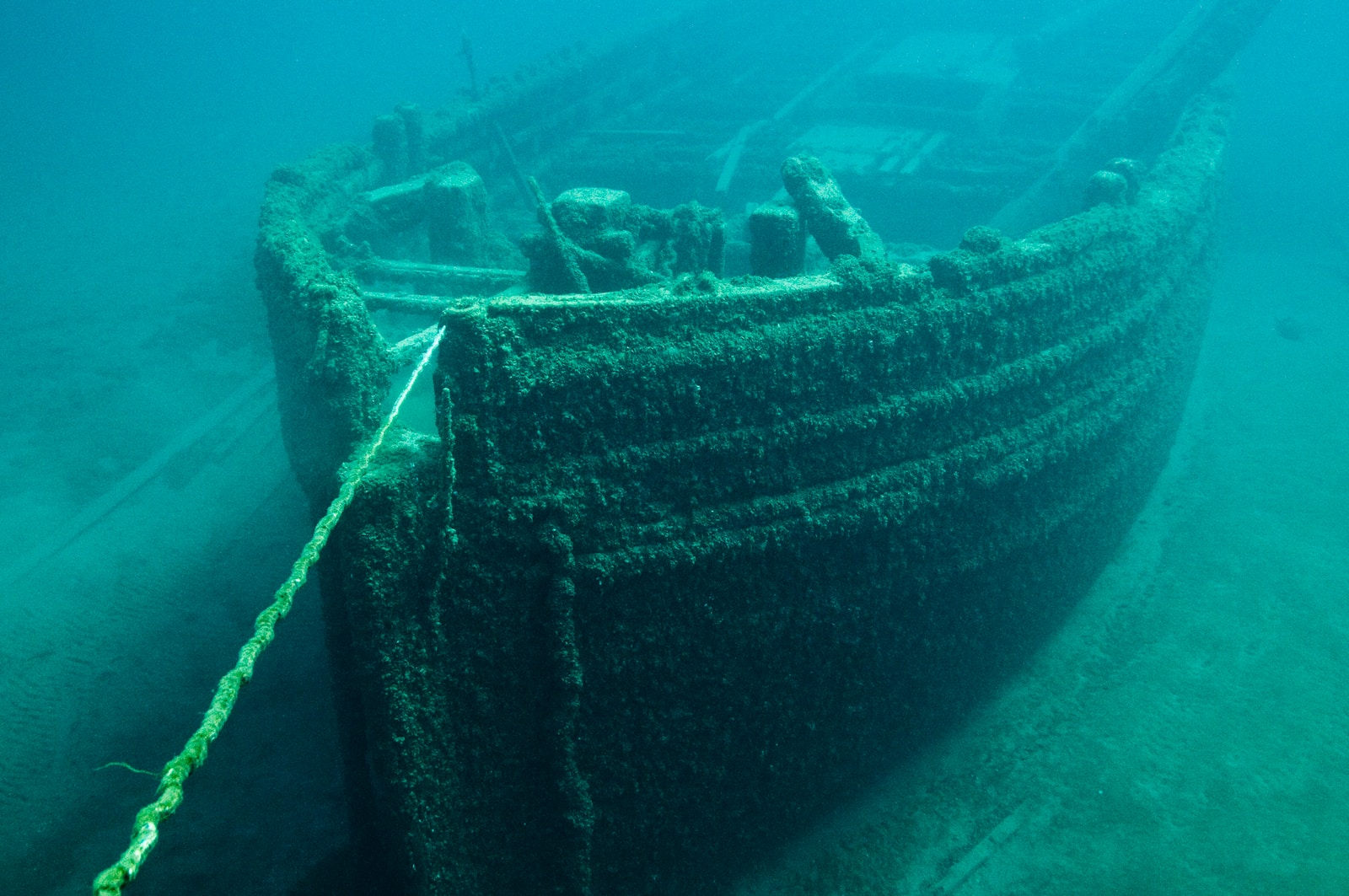From my earliest memories, the universe has always been a source of profound fascination. The night sky, a tapestry of stars and cosmic wonder, seemed to pose questions that penetrated the very core of my being. My quest for answers led me through various domains – religion, philosophy, and empirical science. Yet, none offered the holistic understanding I yearned for. That is, until I discovered Pantheism.
At its core, Pantheism is a worldview that is both elegantly simple and profoundly deep: the universe and everything within it is divine. But let’s clarify what I mean by “divine,” as it’s a term often misunderstood. For me, divinity is not about an anthropomorphic God sitting on a celestial throne. I’m an atheist in that regard, finding no logical or empirical basis for such a deity. Instead, my sense of the divine is rooted in the inherent order that permeates the universe – an order that allows for the existence and functioning of all things.
This divine order is not a set of commandments but a natural, self-organizing system that can be observed in everything from the laws of physics to the complexity of biological systems. It’s the reason why planets orbit stars, why ecosystems maintain their balance, and why we, as conscious beings, can ponder our place in the cosmos. This order is the closest thing to “God” in my Pantheistic view, and it’s an understanding that fills me with awe and wonder.
When I first encountered the concept of quantum entanglement, it felt like a scientific affirmation of this divine order. Here were particles, separated by vast distances, yet intrinsically connected in a way that defied classical understanding. It was as if the universe itself was giving a nod to the Pantheistic idea of interconnectedness, an inherent feature of this divine order.
The first law of thermodynamics further resonated with my Pantheistic beliefs. This law, stating that energy cannot be created or destroyed but only transformed, seemed like another expression of this divine order. It’s a principle that can be observed in the water cycle, where water evaporates, forms clouds, and returns as rain, never being destroyed but merely changing form. This eternal cycle of energy and matter is a testament to the inherent order that governs all things.
The cyclical nature of the universe, as suggested by theories like the Big Bang and the Big Crunch, also aligns with this view. These theories propose a universe in a constant cycle of birth, expansion, and eventual contraction, mirroring the eternal cycles that are a cornerstone of Pantheistic thought and another manifestation of this divine order.
The concept of emergence, where complex systems arise from the interactions of simpler entities, offers yet another glimpse into this inherent order. Consider a termite mound: each termite contributes to a complex, self-regulating system, a microcosm of the divine order that I see as permeating the universe at all levels.
Fractals, with their infinitely complex patterns that are self-similar across scales, serve as a beautiful metaphor for this divine order. Whether it’s the branching of trees, the course of rivers, or the structure of our lungs, these fractal patterns are a testament to the inherent order that underlies all existence.
So, why am I a Pantheist? Because Pantheism offers a framework that harmonizes the spiritual with the scientific. It provides a lens through which the mysteries and realities of existence can be explored and appreciated. In embracing Pantheism, I’ve found a spiritual home that satisfies my intellectual curiosity, fills my soul with a sense of divine wonder, and aligns perfectly with my atheistic rejection of a traditional deity. For me, Pantheism is not just a belief; it’s a profound understanding of the divine order that makes us, and everything around us, a part of this wondrous cosmos.
The Irony of “God”: My Musical Perspective
Now, you might be wondering about my album titled “GOD.” I have never explained this. This is a first.
Contrary to what the title might suggest, it’s not a religious work. In fact, it’s quite the opposite – it’s a satire, a commentary on how religious teachings, particularly those surrounding figures like Jesus, have been misunderstood and distorted over time.
I have immense respect for Jesus as a historical figure. He was a revolutionary who preached love, tolerance, and understanding in a time when such ideas were radical. However, I believe that his messages have been twisted and turned into something he never intended. My album “God” aims to poke fun at this religious misinterpretation while also shedding light on how I see the divine order that governs the universe.
Back then I have been accused of blasphemy and even been threatened by religious fanatics.
In the album, I explore themes that resonate with my Pantheistic beliefs, using music as a medium to express the inherent order and interconnectedness that I see in the cosmos. It’s my way of challenging conventional religious thought and encouraging listeners to consider a more harmonious and scientifically coherent understanding of divinity.
So, when you listen to “GOD,” know that it’s not an homage to a deity in the sky but a musical journey that invites you to question, explore, and ultimately find your own understanding of the divine order that makes this universe so incredibly awe-inspiring.

